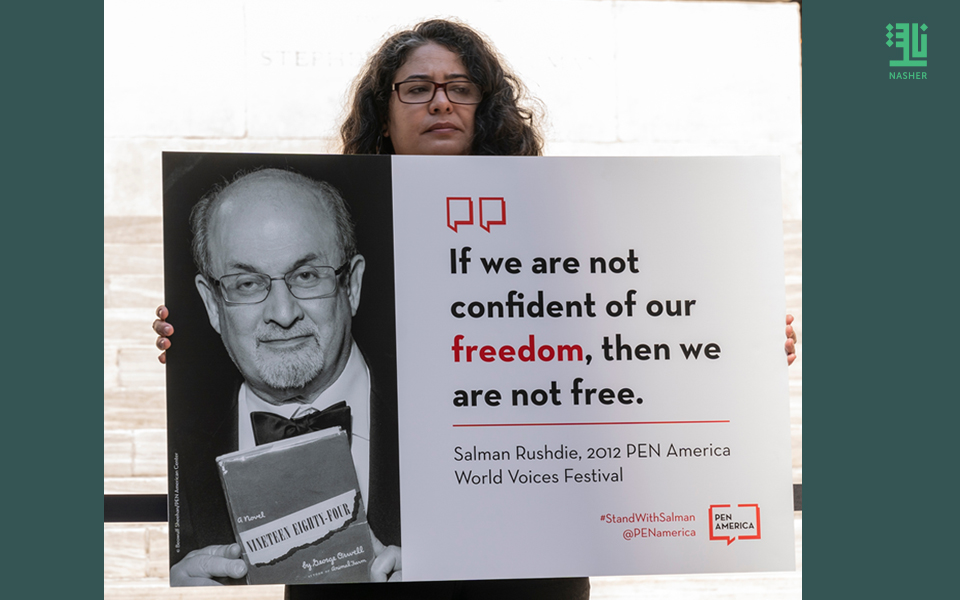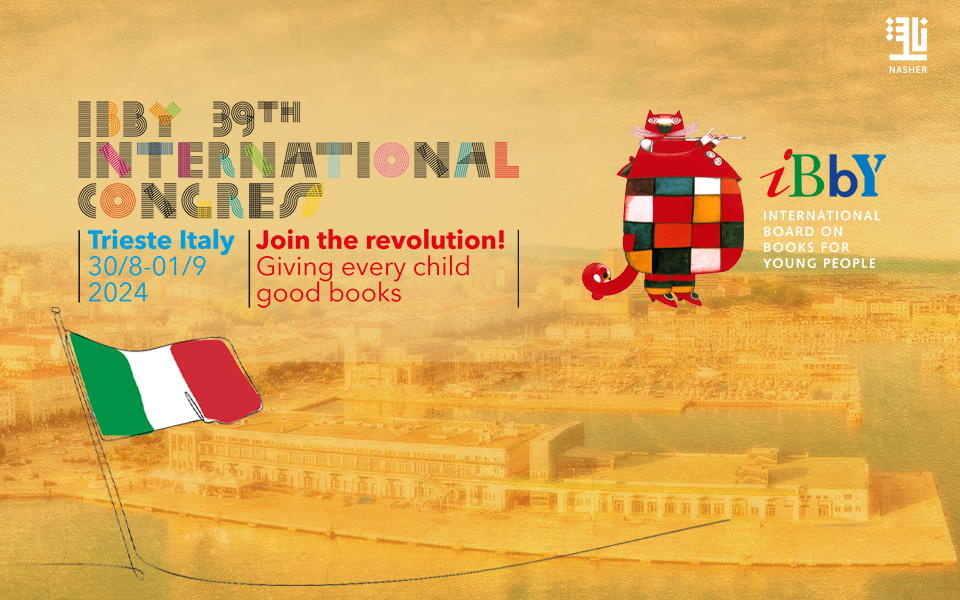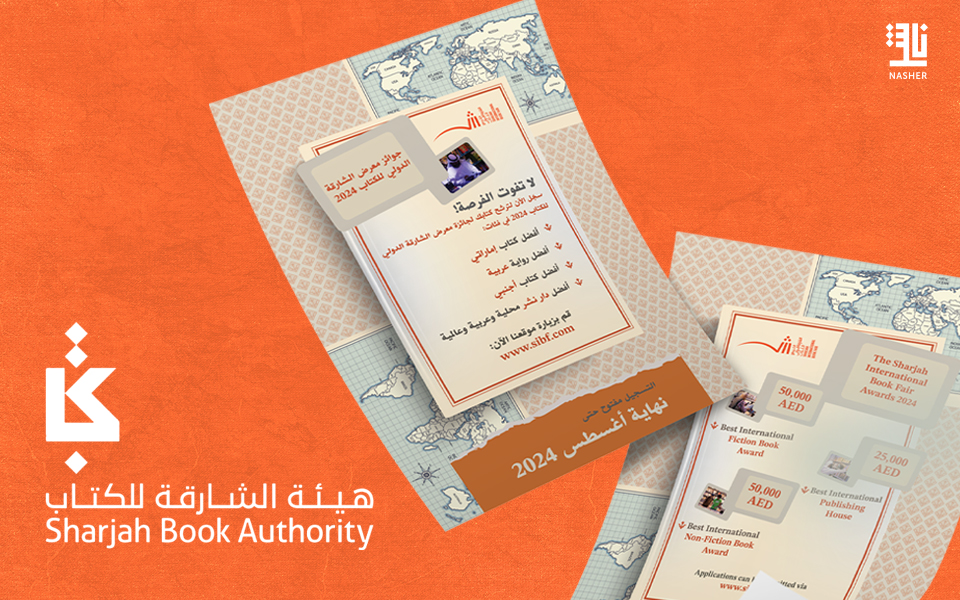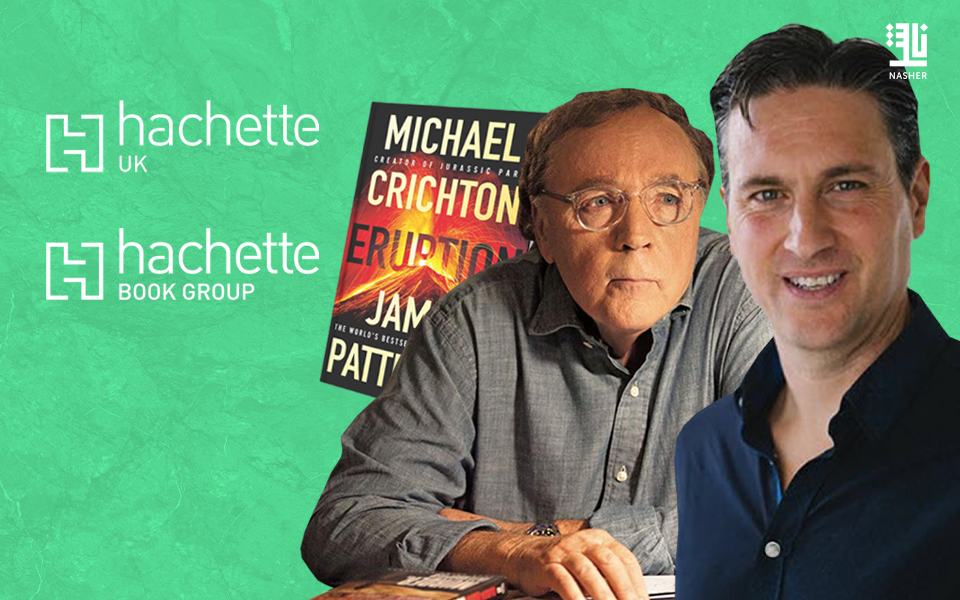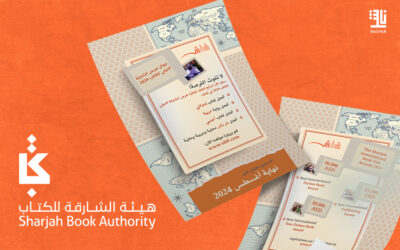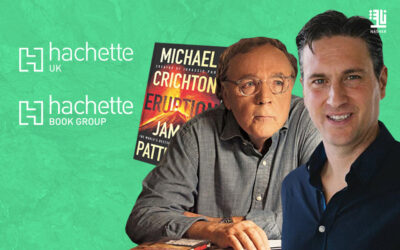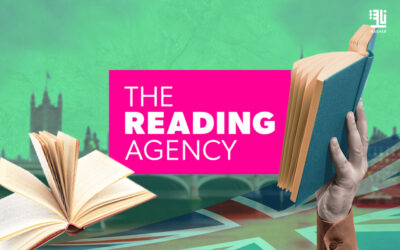Awards, achievements and celebrations are surrounding Salman Rushdie
On the day that Salaman Rushdie turned 75 years old, he has been awarded a prestigious German prize for his literary work and for his resolve and positive attitude in the face of constant danger, the prize organisers said on Monday 19th June.
The Satanic Verses author will receive the Peace Prize of the German Book Trade in Frankfurt on October 22.
Sir Salmans writing combines narrative vision with constant literary innovation, humour and wisdom, the jury said, adding: He describes the force with which violent regimes destroy whole societies, but also the indestructibility of the individuals spirit of resistance. Despite massive physical and psychological consequences that he is still wrestling with, he continues to write in an imaginative and deeply human way, the German jury wrote. We are honouring Salman Rushdie for his resolve, his positive attitude to life and for the fact that he enriches the world with his pleasure in narrating.
The German prize, which is endowed with 25,000 euro (around £21,300), has been awarded since 1950.
This latest award follows last months honour of a medal at one of the world’s biggest book festivals Hay Festival. Sir Salman received the award virtually after he was stabbed around 12 times in a brutal attack last summer.
He had been due to give a lecture at the Chautauqua Institution in New York when he was attacked, causing him to lose his sight in one eye and have limited feeling in his left hand.
The prize-winning novelist has taken part in Hay Festival conversations for decades, with Rushdie’s latest novel, Victory City, being launched at this year’s event.
The author told the Hay literary festival.
Im trying to write a book about the attack on me what happened and what it means, not just about the attack, but around it, he said in a pre-recorded zoom appearance.
It will be a relatively short book, a couple of hundred pages. Its not the easiest book in the world to write but its something I need to get past in order to do anything else. I cant really start writing a novel thats got nothing to do with this So I just have to deal with it.
Rushdie told the Hay audience he was doing OK and was gratified by the positive response to his latest novel, Victory City, which was completed before the attack and published after it.
I never take anything for granted, he said. Most people seem to like the book and that means a lot.
Rushdie was awarded this years Hay festival medal for prose for Victory City. In a panel discussion on the novel, Margaret Atwood said the book read like a fairytale and then less like a fairytale and more like the Wars of the Roses. The Turkish novelist Elif Shafak said it was a blend of the harshest politics and reality with immense imagination.
Douglas Stuart, who won the Booker prize for his debut novel, Shuggie Bain, said it was like a wonderful tapestry and there was an enormous richness to his work that is unrivalled.
Sir Ahmed Salman Rushdie, born on June 19, 1947, in Mumbai, India, is an acclaimed Indian-born writer known for his allegorical novels that delve into historical and philosophical themes through surreal characters, brooding humour, and an effusive and melodramatic prose style. However, his exploration of sensitive religious and political subjects has made him a controversial figure.
Rushdie’s father was a prosperous Muslim businessman, and he received his education at Rugby School and the University of Cambridge, where he earned an M.A. degree in history in 1968. Afterward, he worked as an advertising copywriter in London throughout most of the 1970s. In 1975, he published his first novel, “Grimus.” However, it was his second novel, “Midnight’s Children” (1981), a fable about modern India, that brought him unexpected critical acclaim and international recognition. He also drafted the screenplay for the film adaptation, released in 2012.
Following the success of “Midnight’s Children,” Rushdie’s third novel, “Shame” (1983), which explored contemporary politics in Pakistan, also gained popularity.
However, his fourth novel, “The Satanic Verses,” faced a different fate. The book featured adventures involving a character inspired by the Prophet Muhammad, portraying him and his interpretation of the Qur’an in a manner that drew criticism from Muslim community leaders in Britain after its publication in 1988. They denounced the novel as blasphemous, leading to public demonstrations that spread to Pakistan in early 1989. On February 14, Ayatollah Ruhollah Khomeini, the spiritual leader of Iran, publicly condemned the book and issued a fatwa against Rushdie, offering a bounty for his execution. Faced with this threat, Rushdie went into hiding under the protection of Scotland Yard, severely restricting his movements.
Despite the constant danger, Rushdie continued to write. He released “Imaginary Homelands” (1991), a collection of essays and criticism, followed by the children’s novel “Haroun and the Sea of Stories” (1990) and the short-story collection “East, West” (1994). In 1995, he published the novel “The Moor’s Last Sigh.” After nearly a decade, the Iranian government announced in 1998 that it would no longer seek to enforce the fatwa against Rushdie. He chronicled his experiences in the third-person memoir “Joseph Anton” (2012), where he revealed the alias he adopted during his seclusion.
Returning to public life, Rushdie published several more novels, including “The Ground Beneath Her Feet” (1999) and “Fury” (2001). He also released a collection of essays titled “Step Across This Line” (2002), covering topics ranging from the September 11 attacks to “The Wizard of Oz.” His subsequent novels include “Shalimar the Clown” (2005), exploring terrorism primarily in the Kashmir region, and “The Enchantress of Florence” (2008), featuring a fictionalized account of Mughal emperor Akbar.

